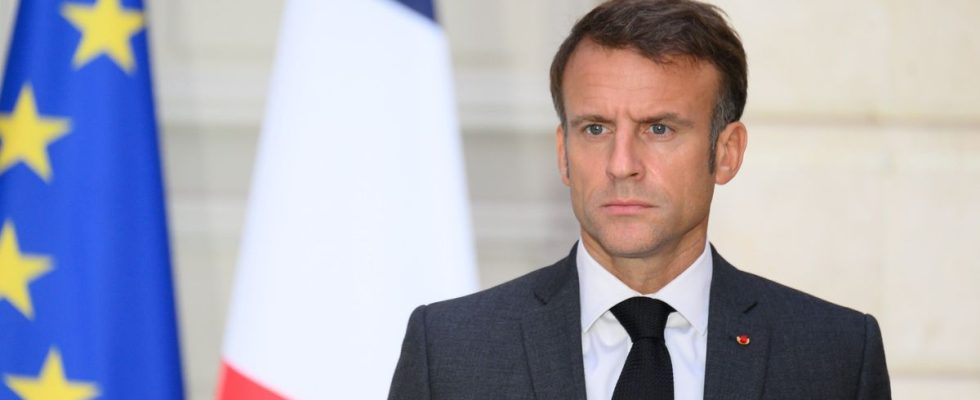The “persistence of violence against women is not inevitable”, “we must put an end to it and we will do it”, promised this Saturday, November 25, the President of the Republic Emmanuel Macron, in a video on occasion of the international day against violence against women. But is France really so voluntary as it shows it? Because it is one of the states within the European Union that refuse to change the definition of rape.
On March 8, 2022, the European Commission promised to harmonize the criminal response in the countries of the European Union to violence committed against women. But the issue of rape divides, between on the one hand the countries defending the European Commission’s definition of rape based on the absence of consent (Italy, Belgium, Greece, Luxembourg, Croatia, Sweden, Ireland, Spain and Portugal), on the other, countries which reject this definition for legal reasons (France, Poland, Germany, etc.). The latter believe that the issue of rape is not within the competence of the EU.
“It was Emmanuel Macron who arbitrated and decided that France did not want a European definition of rape based on the notion of consent,” a European source told the newspaper. The world.
“A sexual act without consent is rape. Point “
The Place Publique movement launched a petition “no to sabotaging European law” which collected nearly 180,000 signatures. “While more than 100,000 rapes are recorded in the European Union each year, our country, France, refuses the European Council a major step forward to protect European women,” denounces the text. “No Mr. @EmmanuelMacron. A sexual act without consent is rape. Point. ” has tweeted MEP Raphael Glucksmann this Saturday.

“It is a disaster that France finds itself in this coalition of refusal,” MEP (Socialists and Democrats group) Raphaël Glucksmann told AFP. “It’s quite unusual for a government that claims to be extremely pro-European to suddenly be ultra-finicky about the risk of an expansion of the powers of the European Commission and European law.”
“Clearly, not all states agree on the definition of consent,” says MEP Nathalie Colin-Oesterlé (EPP, right). “If it is clear at the European Commission and European Parliament level that only a yes is a yes”, certain member states “would like there to be other conditions for it to be considered as rape”, such as employment of constraint for example.

